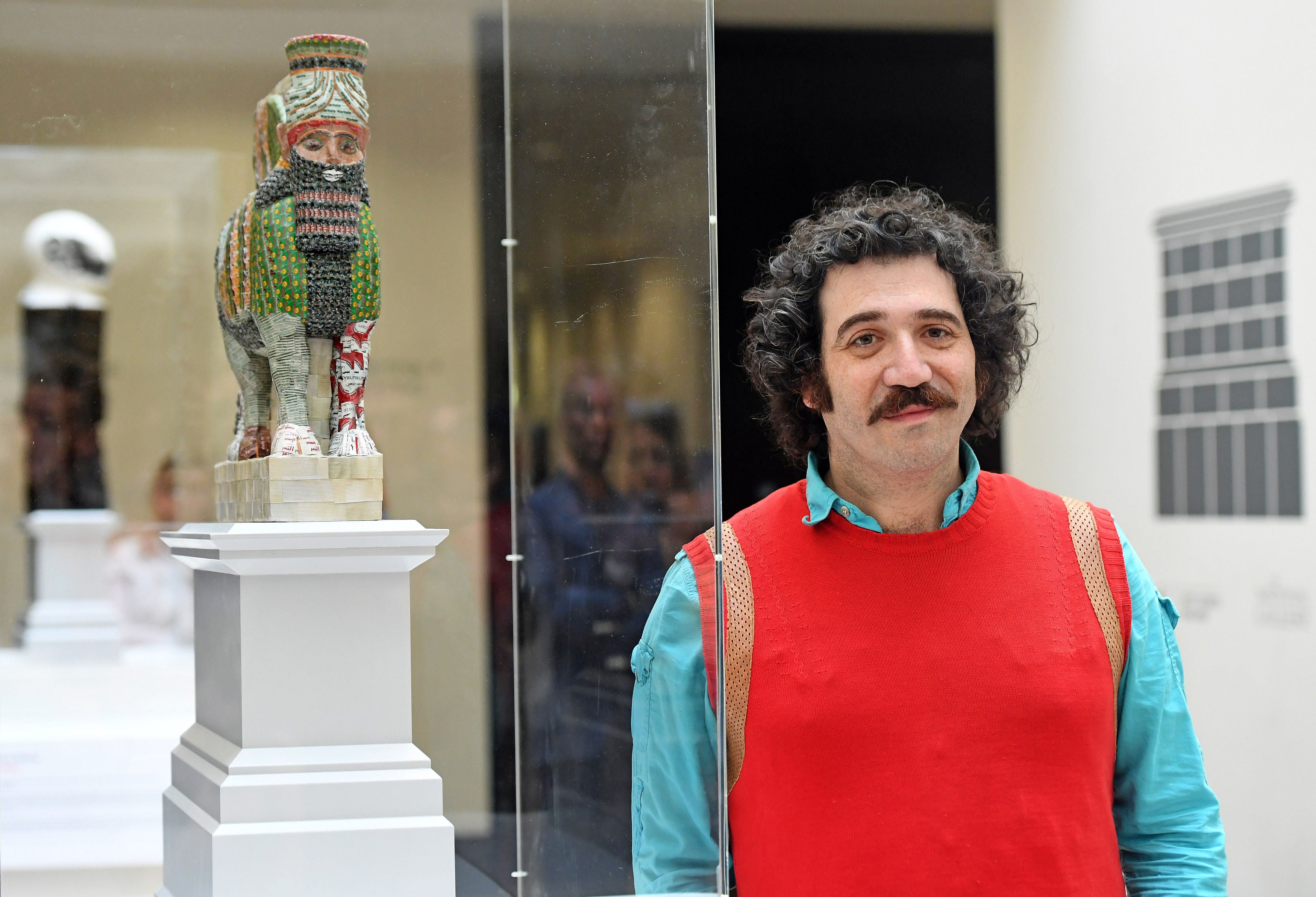World-leading artists commissioned for Imperial War Museum programme
Each commission will be inspired by the heritage of conflict.

Michael Rakowitz and Cathy Wilkes are among the artists creating brand new works for the Imperial War Museums’ 14-18 Now Legacy Fund.
The £2.5 million programme, in partnership with Imperial War Museums and 14-18 Now, the official UK arts programme for the First World War centenary, will see 22 ambitious artist commissions.
Five cultural organisations from across the UK have been appointed as major co-commissioning partners by the Imperial War Museum. Each will receive £250,000 to commission an artist for the programme.
Each commission will be inspired by the heritage of conflict.
The five appointed partners are The Hunterian in Glasgow, Glynn Vivian Art Gallery in Swansea, Baltic Centre for Contemporary Art in Gateshead, Ulster University in Londonderry, and Leicester Museums.
With each location working with an artist, the joint commissions will be displayed between 2023 and 2024 and explore themes ranging from care work in conflict to the current refugee crisis.
The programme has been made possible after a share of the royalties from Peter Jackson’s critically acclaimed film They Shall Not Grow Old was reserved for investment in artists and art experiences.
At Baltic Centre for Contemporary Art, Iraqi-American artist Michael Rakowitz will develop a new commission that considers anti-war activism as the foundation for a monument that can serve as a catalyst for healing, cultural exchange and kinship.
The Hunterian will work with Glasgow-based artist Cathy Wilkes on a new body of work. The project will see Wilkes reflect on questions of war, conflict and violence, encompassing both abstraction and social realism.
Turner Prize 2022 nominee Heather Phillipson will propose a vision from the skies inspired by the US government’s 2021 report into unidentified aerial phenomena for her commission at Glynn Vivian Art Gallery.
Additional commissions at two of the UK’s five Imperial War Museum sites will each receive £250,000. Details of the commissions will be announced later this year.
Alongside the five major partner and two Imperial War Museum commissions, 15 member organisations from Imperial War Museum’s War and Conflict Subject Specialist Network will receive smaller grants of £20,000.
Comprising universities, galleries, local authorities and social enterprises, eight have now been selected, including Bishop Grosseteste University in Lincoln, Gateways to the First World War at the University of Kent, arts and heritage social enterprise Our Big Picture, the Photography and the Archive Research Centre at London College of Communication, Visualising War at the University of St Andrews, and Swansea University.
Working alongside both established and emerging artists, their commissions will explore conflict from the First World War to the present day.
The seven remaining places are now open for expressions of interest from interested cultural organisations.
Speaking about taking part in the programme, Rakowitz said: “In recent years I have tried to make art that interrogates the intersections between empire, war and museums in ways that resonate locally and globally.
“My work, commissioned by Baltic and Imperial War Museums, will invite viewers to reconsider the relationships between hospitality and hostility, provenance and expropriation, and to confront the complicity of cultural institutions and audiences in geopolitical matters.”
Bookmark popover
Removed from bookmarks